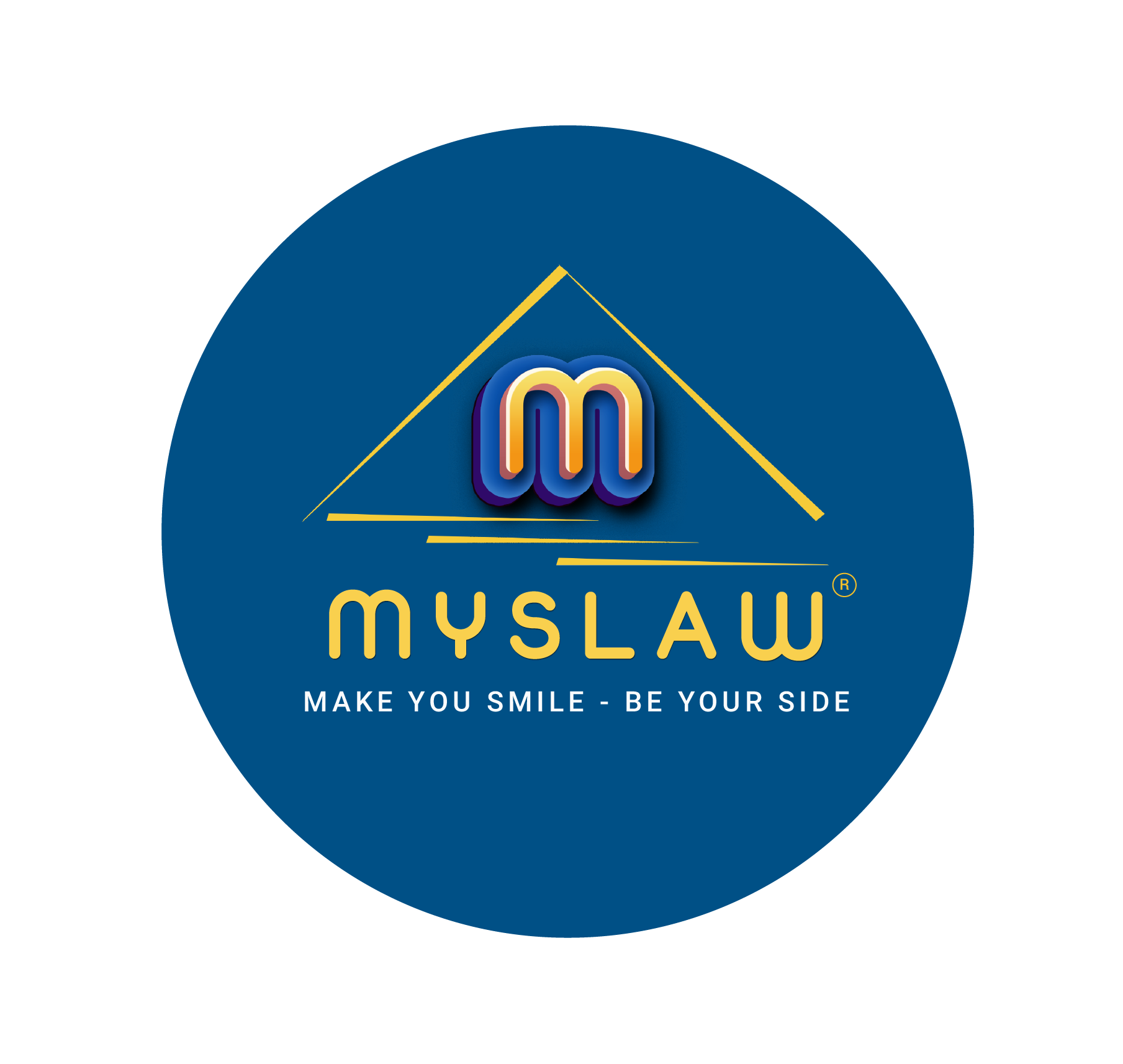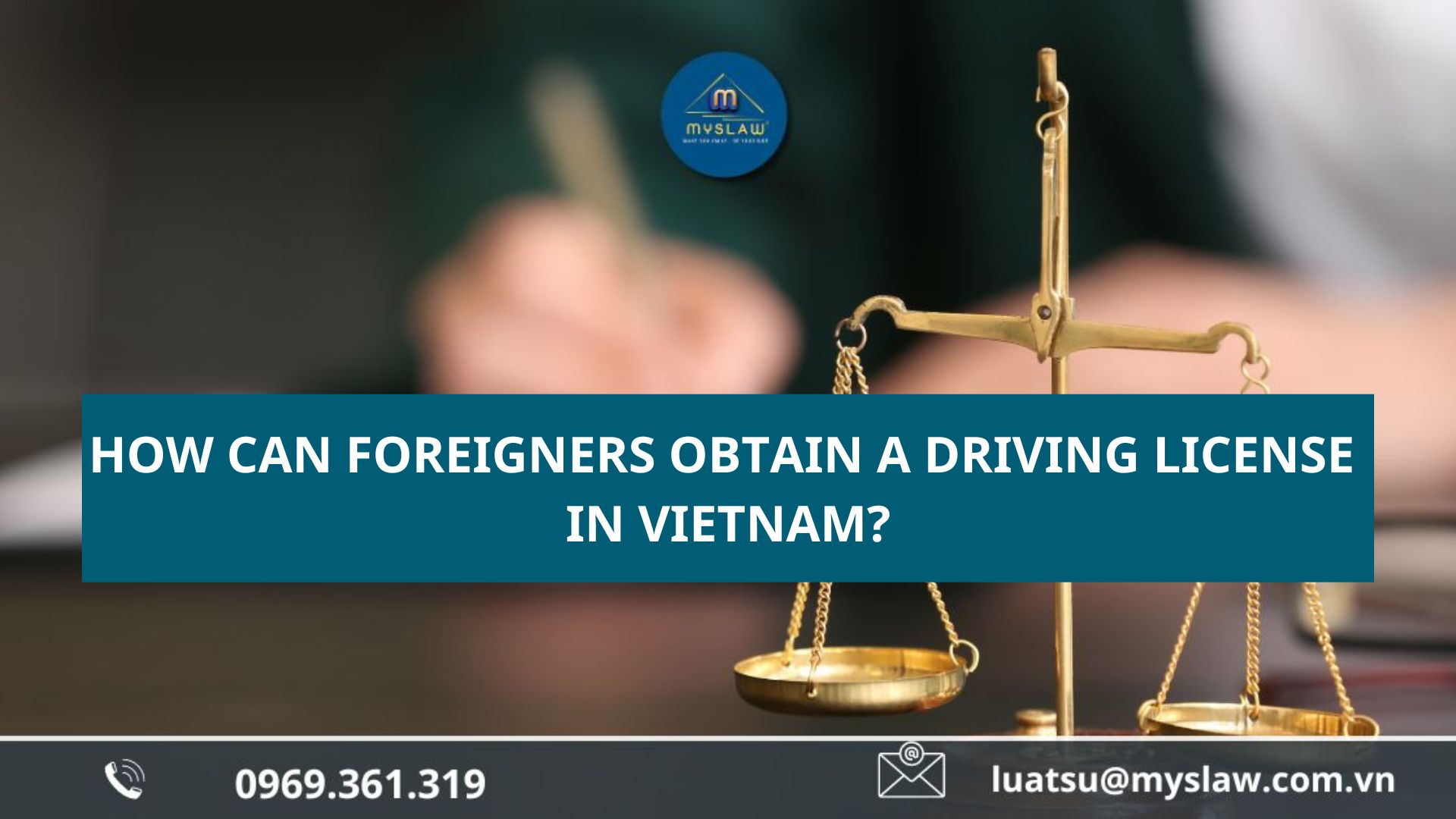1. Eligibility for Foreigners
Based on the provisions of Article 7 of Circular 12/2017/TT-BGTVT, as supplemented by Clause 5, Article 1 of Circular 38/2019/TT-BGTVT, there are several conditions for individuals wishing to take a driving test and obtain a driving license in Vietnam:
- Residency or Employment: To be eligible for a Vietnamese driving license, an individual must be a Vietnamese citizen or a foreigner with a valid residence permit or is working or studying in Vietnam.
- Age, Health, and Education: Applicants must meet the minimum age requirement, possess good health, and have the necessary educational qualifications. For those upgrading their license, they can enroll in a training course but must meet the age requirement before taking the driving test.
- Experience for Upgrading: Individuals upgrading their license must meet specific requirements regarding driving experience or work experience in the transportation sector, including a minimum number of safe driving kilometers.
- Educational Requirements: Those upgrading to certain license categories, such as D and E, must have a junior high school diploma or equivalent.
Key Points and Implications:
- Residency Requirement: The requirement for foreigners to have a residence permit or be employed or studying in Vietnam ensures that only those with a substantial connection to the country can obtain a driving license.
- Strict Eligibility Criteria: The specific requirements regarding age, health, education, and driving experience aim to ensure that only qualified individuals are granted driving licenses.
- Gradual Progression: The regulations for upgrading licenses promote a gradual progression through different license categories, based on accumulated driving experience and skills.
- Safety Focus: The emphasis on safe driving and the requirement for a minimum number of safe driving kilometers reflects the government’s commitment to road safety.
- Fair Treatment: The regulations provide a fair and equitable framework for both Vietnamese citizens and foreigners seeking to obtain a driving license.
In summary, the Vietnamese government has established a comprehensive set of regulations governing the eligibility of foreigners to obtain driving licenses. These regulations ensure that only qualified individuals who meet certain criteria, such as residency, age, and driving experience, are allowed to operate vehicles on Vietnamese roads. This approach promotes road safety and contributes to a well-organized transportation system.
Additional Considerations and Potential Challenges:
- Language Barrier: Foreigners may face challenges in understanding the theory test and communicating with driving instructors if they are not proficient in Vietnamese.
- Cultural Differences: Driving habits and road culture in Vietnam may differ significantly from those in other countries, requiring foreign drivers to adapt to new practices.
- Administrative Procedures: The application process may involve multiple steps and require the submission of various documents, which can be time-consuming and bureaucratic.
- Cost: The cost of obtaining a driving license in Vietnam, including training fees and testing costs, can vary depending on the location and the type of license.
Note: It is always advisable for foreigners to consult with local driving schools and government agencies to obtain the most up-to-date information and specific requirements for obtaining a driving license in Vietnam
2. Types of Driving Licenses in Vietnam
The provided Vietnamese text outlines the various categories of driving licenses in Vietnam, including requirements, eligibility, and validity periods.
Motorcycle Licenses:
- A1: Issued for motorcycles up to 175cc and 3-wheeled motorcycles for individuals with disabilities.
- A2: Issued for motorcycles over 175cc and those holding an A1 license.
- A3: Issued for 3-wheeled motorcycles.
- A4: Issued for tractors with a payload under 1,000kg.
Car Licenses:
- B1 Automatic: Issued for automatic cars with up to 9 seats, automatic trucks, and specially designed vehicles for the disabled.
- B1: Issued for cars, trucks, and towing vehicles (specific weight limits apply).
- B2: Issued for specialized vehicles under 3,500kg.
- C: Issued for trucks over 3,500kg, towing vehicles, and vehicles specified for B1 and B2.
- D: Issued for passenger cars with 10-30 seats and other specified vehicles.
- E: Issued for passenger cars with over 30 seats and other specified vehicles.
- F: Issued for articulated lorries, semi-trailers, and trailer buses (highest level, requires existing B2, C, D, or E license).
Key Points and Considerations:
- Age Requirements: Specific age requirements vary depending on the license category.
- Experience Requirements: Some licenses require previous driving experience or specific qualifications.
- Medical Requirements: All applicants must meet certain health standards.
- Validity Periods: Validity periods vary based on license type and age.
- Electric Motorcycles: Separate regulations apply to electric motorcycles.
Additional Information:
- Foreigners: Foreigners may be eligible for Vietnamese driving licenses if they meet the residency requirements and pass the necessary tests.
- Conversion of Foreign Licenses: In certain cases, foreign driving licenses may be convertible to Vietnamese licenses.
- Road Traffic Laws: Understanding Vietnamese road traffic laws and regulations is essential for safe driving.
In Summary:
The Vietnamese legal framework provides a comprehensive classification of driving licenses, each with specific requirements and eligibility criteria. Understanding these categories is essential for individuals planning to drive in Vietnam.
3. Application Process
According to Article 9 of Circular 12/2017/TT-BGTVT, individuals wishing to learn to drive for the first time must prepare a set of documents and submit them directly to a driving school.
The required documents include:
- Application Form: A standardized application form specifically designed for driving license applications.
- Identification: A copy of a valid passport, along with a temporary residence card, permanent residence card, diplomatic ID, or official ID for foreigners. These documents verify the applicant’s identity and residency status in Vietnam.
- Health Certificate: A medical certificate issued by a qualified medical facility, confirming the applicant’s physical fitness to drive.
Key Points and Implications:
- Comprehensive Documentation: The required documentation ensures that applicants meet the necessary legal and health requirements to obtain a driving license.
- Residency Verification: The demand for documents such as a passport and residence card is crucial for verifying the applicant’s legal status in Vietnam and their eligibility to obtain a driving license.
- Health Assessment: The medical certificate guarantees that applicants are physically capable of operating a motor vehicle safely.
- Direct Submission: The requirement to submit documents directly to a driving school streamlines the application process and ensures that the necessary information is collected accurately.
In summary, the application process for foreigners seeking a driving license in Vietnam is designed to verify the applicant’s identity, residency, and physical fitness. By requiring specific documents, the Vietnamese government aims to ensure road safety and maintain a high standard for drivers.
Additional Considerations and Potential Challenges:
- Language Barriers: Foreign applicants may encounter difficulties understanding the application process or completing the necessary paperwork if they are not proficient in Vietnamese.
- Document Authentication: Foreign documents may require additional authentication or legalization to be accepted by Vietnamese authorities.
- Medical Examinations: The specific medical requirements and the process for obtaining a health certificate may vary depending on the applicant’s nationality and the medical facility.
- Timeframe: The processing time for driving license applications can vary, and applicants may need to allow sufficient time for the entire process.
Overall, obtaining a driving license in Vietnam can be a straightforward process for foreigners who meet the necessary requirements and follow the prescribed procedures. However, it is essential to be aware of the specific documents required and to seek assistance from a driving school or a local authority if needed.
4. Conversion of Foreign Driving Licenses
The provided Vietnamese text outlines the conditions under which foreigners can convert their valid foreign driver licenses into Vietnamese ones. According to Circular 12/2017/TT-BGTVT and its subsequent amendments, the following individuals are eligible:
- Foreign Residents: Foreigners residing, working, or studying in Vietnam with valid residence permits or identity cards.
- Foreign Tourists: Foreign tourists driving foreign-registered vehicles into Vietnam.
- Returning Vietnamese: Vietnamese nationals returning from residing, studying, or working abroad.
However, there are certain circumstances where conversion is not allowed, including:
- Temporary Licenses: If the foreign license is temporary.
- International Driving Permits: International driving permits are not eligible for conversion.
- Invalid or Damaged Licenses: Licenses that are expired, erased, or torn beyond recognition cannot be converted.
- Ultra Vires Licenses: Licenses issued in violation of relevant laws or regulations.
- Physical Unfitness: Individuals deemed physically unfit for driving by Vietnamese standards are ineligible.
- Insufficient Foreign Residency: Vietnamese nationals returning from abroad must have resided in the foreign country for at least three months to be eligible for conversion.
Key Points and Implications:
- Eligibility Criteria: Foreigners must meet specific residency requirements and possess valid foreign licenses.
- Exclusions: Certain types of foreign licenses, such as temporary licenses or international driving permits, cannot be converted.
- Physical Fitness: Applicants must be physically fit to drive according to Vietnamese standards.
- Minimum Residency: Vietnamese nationals returning from abroad must have resided in the foreign country for at least three months.
Additional Considerations:
- Equivalent Categories: The foreign license must be equivalent to a Vietnamese license category.
- Documentation: Applicants may need to provide additional documents, such as proof of residency or medical certificates.
- Fees: There may be associated fees for the conversion process.
In Summary:
Foreigners seeking to drive in Vietnam may be eligible to convert their foreign driver licenses under specific conditions. Understanding these requirements and preparing the necessary documentation is essential for a successful conversion process
5. Driving Schools and Training
Availability of Driving Schools:
- Widespread Availability: Driving schools are widely available throughout Vietnam, catering to both local residents and foreigners.
- Urban Areas: Major cities and tourist destinations typically have a higher concentration of driving schools.
Curriculum and Training Methods:
- Theory and Practical Training: Driving schools offer comprehensive training programs that cover both theoretical knowledge and practical driving skills.
- Vietnamese Traffic Laws: The curriculum includes instruction on Vietnamese traffic laws, road signs, and regulations.
- Driving Techniques: Students learn proper driving techniques, including vehicle handling, defensive driving, and emergency procedures.
Cost and Duration:
- Variable Fees: The cost of driving training can vary depending on the driving school, location, and the type of license being pursued.
- Duration: The duration of the training program typically ranges from a few weeks to several months, depending on the student’s learning pace and the complexity of the license category.
Choosing a Driving School:
- Reputation and Experience: Research driving schools to find one with a good reputation and experienced instructors.
- Recommendations: Ask for recommendations from friends, colleagues, or local expats.
- Curriculum and Facilities: Evaluate the driving school’s curriculum, training facilities, and the availability of practice vehicles.
Language Barriers:
- Language Proficiency: While some driving schools may offer English-language instruction, it is beneficial to have a basic understanding of Vietnamese to communicate effectively with instructors and other students.
- Translation Services: If necessary, consider using translation services to assist with understanding the training materials and instructions.
Driving Schools and Training in Vietnam provide foreign residents with the opportunity to learn the local driving laws and regulations, acquire essential driving skills, and obtain a Vietnamese driving license.
6. Insurance Requirements
Compulsory Third-Party Liability Insurance:
- Mandatory Requirement: All vehicles registered in Vietnam must have compulsory third-party liability insurance (TPLI).
- Coverage: TPLI covers bodily injury or property damage caused by the insured vehicle to third parties.
Additional Insurance Options:
- Comprehensive Insurance: Provides coverage for damage to your own vehicle, including theft, vandalism, and natural disasters.
- Collision Insurance: Covers damage to your vehicle in the event of a collision, regardless of fault.
- Personal Accident Insurance: Provides coverage for medical expenses and other benefits in case of an accident involving the insured driver or passengers.
Insurance for Foreigners:
- International Driving Permit (IDP): If you are visiting Vietnam with a foreign driving license, an IDP can provide additional insurance coverage and recognition of your license in foreign countries.
- Local Insurance: It is advisable to purchase local insurance coverage to ensure comprehensive protection while driving in Vietnam.
Insurance Companies:
- Local and International Companies: There are numerous insurance companies in Vietnam, both local and international, offering various types of vehicle insurance.
- Comparison Shopping: Compare different insurance providers to find the best coverage and rates that suit your needs.
It is essential to have adequate insurance coverage when driving in Vietnam to protect yourself and others from potential financial losses in case of an accident.
7. Road Rules and Regulations
Understanding Traffic Laws:
- Differences from Home Country: Be aware that Vietnamese traffic laws may differ significantly from those in your home country.
- Driver’s Manual: Obtain a Vietnamese driver’s manual or use online resources to familiarize yourself with local traffic regulations.
Common Traffic Rules:
- Driving on the Right: Vehicles in Vietnam drive on the right side of the road.
- Yielding and Right of Way: Understand the rules for yielding, intersections, and right of way.
- Speed Limits: Adhere to posted speed limits, which are typically lower than in some Western countries.
- Seatbelts: Wearing seatbelts is mandatory for all drivers and passengers.
- Helmet Laws: Helmets are mandatory for motorcycle riders.
- Alcohol and Drugs: Driving under the influence of alcohol or drugs is strictly prohibited.
Road Signs and Markings:
- Familiarity: Learn to recognize and understand Vietnamese road signs and markings.
- Traffic Lights: Follow traffic lights and pedestrian signals.
- Lane Discipline: Stay in the correct lane and avoid lane changes in congested areas.
Penalties for Violations:
- Fines: Violators of traffic laws may face fines, detention, or other penalties.
- License Suspension or Revocation: Serious violations can result in license suspension or revocation.
Defensive Driving:
- Be Cautious: Exercise caution and be aware of your surroundings while driving.
- Avoid Distractions: Minimize distractions such as using a mobile phone while driving.
- Yield to Pedestrians: Yield to pedestrians at crosswalks and intersections.
By understanding and following Vietnamese traffic laws and regulations, you can contribute to road safety and avoid legal consequences.
8. Conclusion
The above information is provided by Mys Law. For any questions regarding the content of this article, please contact 0969.361.319 or email: [email protected] for further clarification. Best regards!






